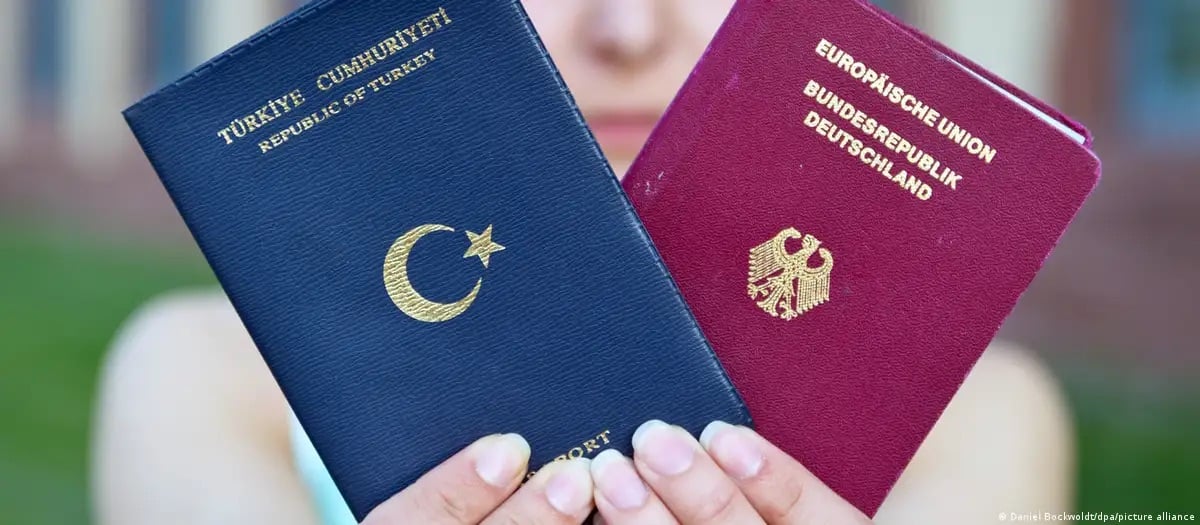It is a reform that has been in the works since the ruling coalition of the Social Democrats (SPD), the Greens and the neo-liberal Free Democrats (FDP) took office in autumn 2021.

Many immigrants will now be able to naturalize while retaining their original nationality. Photo: dpa
Migrants living legally in Germany will be allowed to apply for citizenship after five years, instead of eight years as at present; if they bring special achievements, this period could be reduced to just three years.
Children born in Germany to at least one parent who has lived legally in the country for five years or more will automatically gain German citizenship. Immigrants over 67 will be able to take an oral German language test instead of a written one.
People who are completely dependent on state support will not be eligible for German citizenship. German citizenship will be denied to those whose anti-Semitic, racist, xenophobic or other defamatory acts are deemed “irreconcilable with a commitment to the liberal democratic basic order”.
According to the German Federal Interior Ministry , around 14% of the population does not have a German passport – that is, more than 12 million people. Five million of them have lived in Germany for at least 10 years. In 2022, 168,545 people applied for German citizenship, lower than the EU average.
Until now, dual citizenship in Germany was only possible for EU and Swiss citizens, people whose country of origin did not allow people to renounce their citizenship, children of parents with German and other nationalities, refugees threatened with persecution in their home country and Israelis. Syrians who came to Germany as refugees and were deemed well-integrated could also be granted German citizenship quickly.
The reforms would bring Germany in line with other European countries. In the EU, Sweden had the highest naturalisation rate in 2020, with 8.6% of all foreigners living there naturalised. In Germany, the rate was 1.1%.
According to the German Federal Statistical Office, there are about 2.9 million people with more than one nationality currently living in Germany, accounting for about 3.5% of the population. However, the actual number could be higher as it has recorded an increase.
Yesilkaya-Yurtbay said Germany would be a different country if reforms had been implemented earlier. “People would identify more with Germany if that possibility had been there,” she explained. “I am sure that people would be more politically interested and more active in society if this opportunity had been available 20 or 30 years ago.”
Mai Anh (according to DW)
Source



































































































Comment (0)